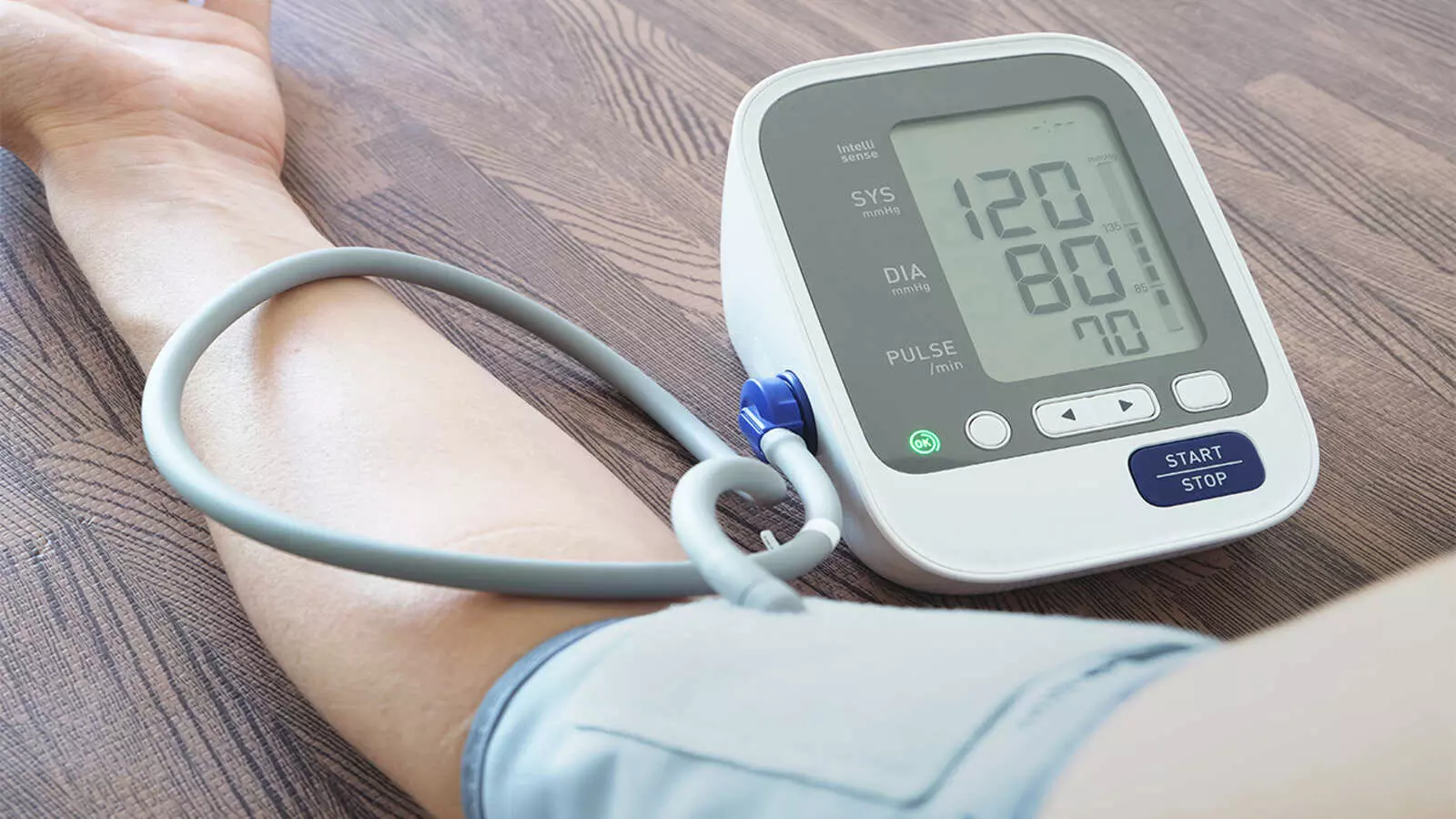12 Important Tips to Control Your Blood Pressure

Blood pressure is an indicator of heart health, and managing it is very important for overall well-being. High blood pressure or hypertension is often referred to as a "silent killer" because it does not show obvious symptoms but can lead to serious health complications over time.
Controlling blood pressure is very important as high blood pressure can lead to serious health problems like heart disease, stroke, kidney damage, loss of vision, aneurysm, deterioration of cognition etc.
Managing blood pressure is very important for overall health. Here are some tips to help control and maintain blood pressure levels:
1. Eat healthy foods:
Reduce salt content: Limit the intake of less than 2300 mg of sodium per day. Aim for an ideal limit of 1500 mg if possible.
Eat more fruits and vegetables: Include a wide variety of fruits, vegetables, whole grains, and low-fat dairy products in your diet.
Limit saturated and trans fats: Avoid high-fat dairy products and fried foods.
DASH diet: Follow the dietary approach (DASH) diet to stop hypertension, which focuses on vegetables, fruits and whole grains.
2. Regular Exercise:
Aim for at least 150 minutes of moderate-intensity aerobic exercise or 75 minutes of vigorous-intensity exercise per week.
Include activities such as walking, jogging, cycling, or swimming.
Include muscle-strengthening activities two days or more days a week.
3. Maintain a healthy weight:
Losing even a small amount of weight when you are overweight or obese can help lower your blood pressure.
Focus should be on a balanced diet and regular physical activity.
4. Limit alcohol consumption:
Men should limit drinking two drinks per day, and women should limit one drink per day.
5. Stop smoking:
Smoking increases your blood pressure and puts you at greater risk for heart attack and stroke.
Seek support to help quit smoking.
6. Manage stress:
Relaxing techniques such as deep breathing, meditation, yoga, or practice her chi.
Make sure you have a support system and take time out to relax and relax.
7. Monitoring blood pressure at home:
Regular monitoring can help keep track of your blood pressure and ensure that your treatment plan is effective.
Keep a reading log to share with your healthcare provider.
8. Limit caffeine:
Caffeine can increase short-term blood pressure. Limit coffee and other caffeinated beverages.
9. Reduce sugar and refined carbohydrates:
Avoid sugary drinks and snacks. Opt for healthy options like fruits and nuts.
10. Make sure to get enough sleep:
Bad sleep can negatively affect blood pressure. Aim for 7-8 hours of sleep every night.
Regular sleep schedule should be maintained and a relaxed sleep environment should be created.
11. Take according to the medicine prescription:
If the doctor prescribes blood pressure medication then it should be taken exactly as directed.
Do not stop taking medicines without consulting healthcare providers.
12. Limit red meat and processed food:
Choose sources of lean protein such as fish, poultry, beans, and legumes.
By combining these lifestyle changes and working closely with your healthcare provider, you can manage your blood pressure effectively and reduce the chances of associated health complications.
